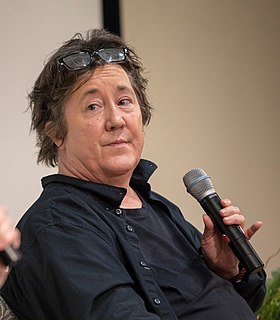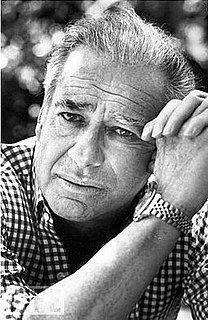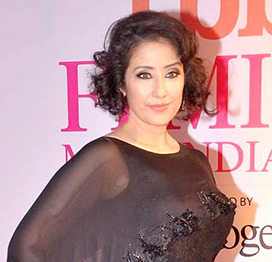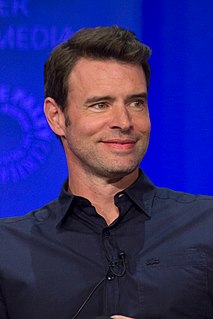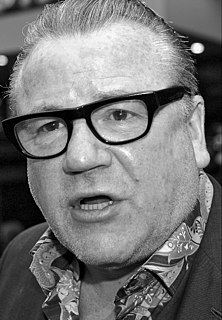A Quote by Christine Vachon
Being on a set where the director has lost control is just sickening. No one goes the extra mile, theres a lot of eye-rolling... it just breeds inertia. If a director is in control, the crew follow their leader. But the second anyone senses the directors are not sure, people just swoop in.
Related Quotes
I learned that you really don't have any control as a writer. Waah, waah, waah. Big deal. Unless you're the director on the movie, or putting up the money for the movie, you really don't have a lot of control. As someone who's just writing scripts, you just kind of have to shrug. I have no problems or issues with screenwriting in general. It is what it is.
In Hong Kong, in our generation that started out in the 1970s, being a director wasn't a big deal. We didn't even have director's chairs. We weren't particularly well paid. The social standing of a film director wasn't that high. It was a sort of a plebeian job, a second or third grade one. And the studio heads are always practical, there's never any fawning because someone is a director. There's very little snobbery about one's position as a director. The only ones people treated differently were those that were also stars; or the directors who also owned their companies.
As soon as you start making a film that's expensive then the studio wants total control over all elements of it because they want to get all their money back. If you make a smaller film you can try a lot more things because you can have control over it and not just be a hired director. The lower the budget the more freedom you have.
I'm just used to having so much control in music and in acting you have to give that up a bit. Sure, our voices are heard on set, but at the end of the day you can lose an argument. Whereas in music, if I feel the second verse needs to be changed I can change it. I find it really hard as an artist to give up some of that control.
There are directors, and I think this is true of all directors, it would be true if I was a director - If the actor didn't want to do what I was suggesting, I would let him do it his way, and then I would say to him, "Just give me one where you do what the director wants", and that, of course, is the take that's used.
